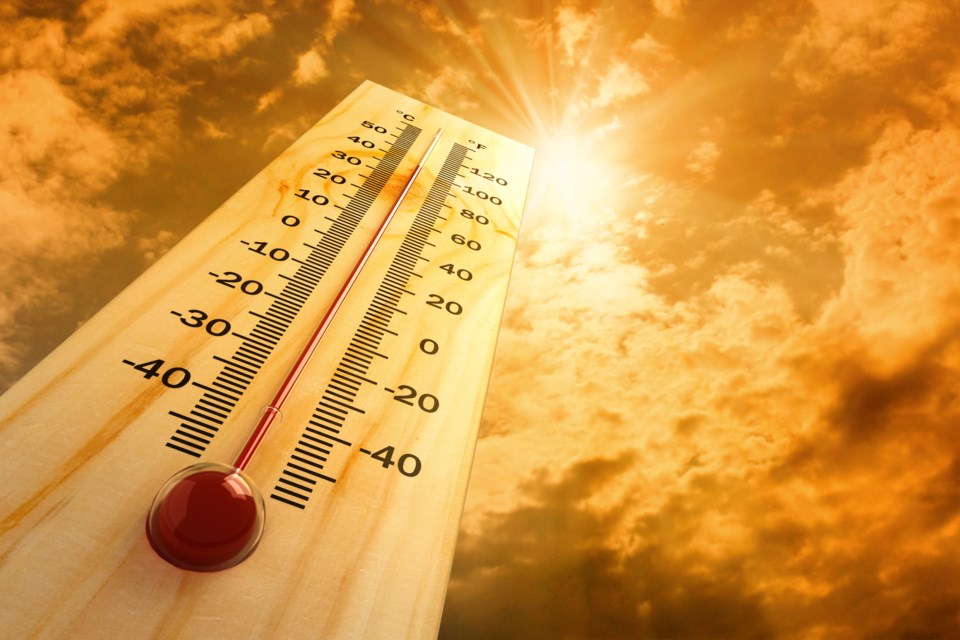NEWS RELEASE
MYMICHIGAN HEALTH
*************************
High temperatures each summer cause spikes in emergency room visits and thousands of heat-related deaths. To help prepare Americans for the dangerous temperatures, the National Weather Service and US Centers for Disease Control and Prevention this year released a new national forecast predicting heat-related risks.
As of Thursday, June 13, the tool was forecasting a multiple day heat event starting Monday, June 17, and potentially going through Friday, June 21. All counties in Michigan are forecasted to experience some level of heat risk during this time.
“Heat is one of the leading weather-related killers in the United States, with over a thousand deaths each year,” said David Jordahl, president, MyMichigan Medical Group.
“Extreme heat puts strain on organs, including the heart, lungs, and kidneys. It can also worsen health risks from chronic conditions, like asthma and diabetes. That’s why it’s important to protect yourself and others when it’s hot outside by staying cool, staying hydrated, and staying informed.”
Symptoms of heat-related illness can include: muscle cramping, unusually heavy sweating, shortness of breath, dizziness, headaches, weakness, or nausea.
“Although anyone at any time can suffer a heat-related illness, some people are at greater risk than others,” said Dr. Jordahl. “Some groups that may have to take additional action on hot days, include: people, especially children, with asthma; people with heart disease; pregnant women; people 65 years of age or older; people who are working or exercising outside in the heat, and infants and young children.”
If the HeatRisk is red or higher, MyMichigan Health recommends these three steps:
- Stay cool. If outside: wear sunscreen; choose lightweight, loose-fitting clothing; stay in the shade as much as possible; take breaks and do outdoor activities during the coolest parts of the day or evening. When indoors: use fans, but only if indoor temperatures are less than 90°F. In temperatures above 90°F, a fan can increase body temperature; use air conditioning or find a location that has one by dialing 2-1-1, visiting the National Center for Healthy Housing’s Cooling Centers by State page, or by contacting the local health department or emergency management agency; use the stove and oven less to maintain a cooler temperature in the home, and take a cool shower or bath to cool off.
- Stay hydrated. Drinking water on hot days keeps the body hydrated. Remember to carry a water bottle and drink and refill it throughout the day; consider limiting beverages high in sugars and sodium, caffeine, and alcohol; and check urine color. Darker yellow typically indicates more water intake is needed.
- Stay informed. Check on family, friends, and neighbors, especially if they have chronic medical problems or live alone. Check the local news for extreme weather alerts and safety tips and to learn about any cooling shelters in the area.
“During extreme weather events, we all need to watch out for people around us,” said Dr. Jordahl. “Keep a close eye on young children, be sure to check on elderly neighbors and others in our communities who may need help.”
************************



